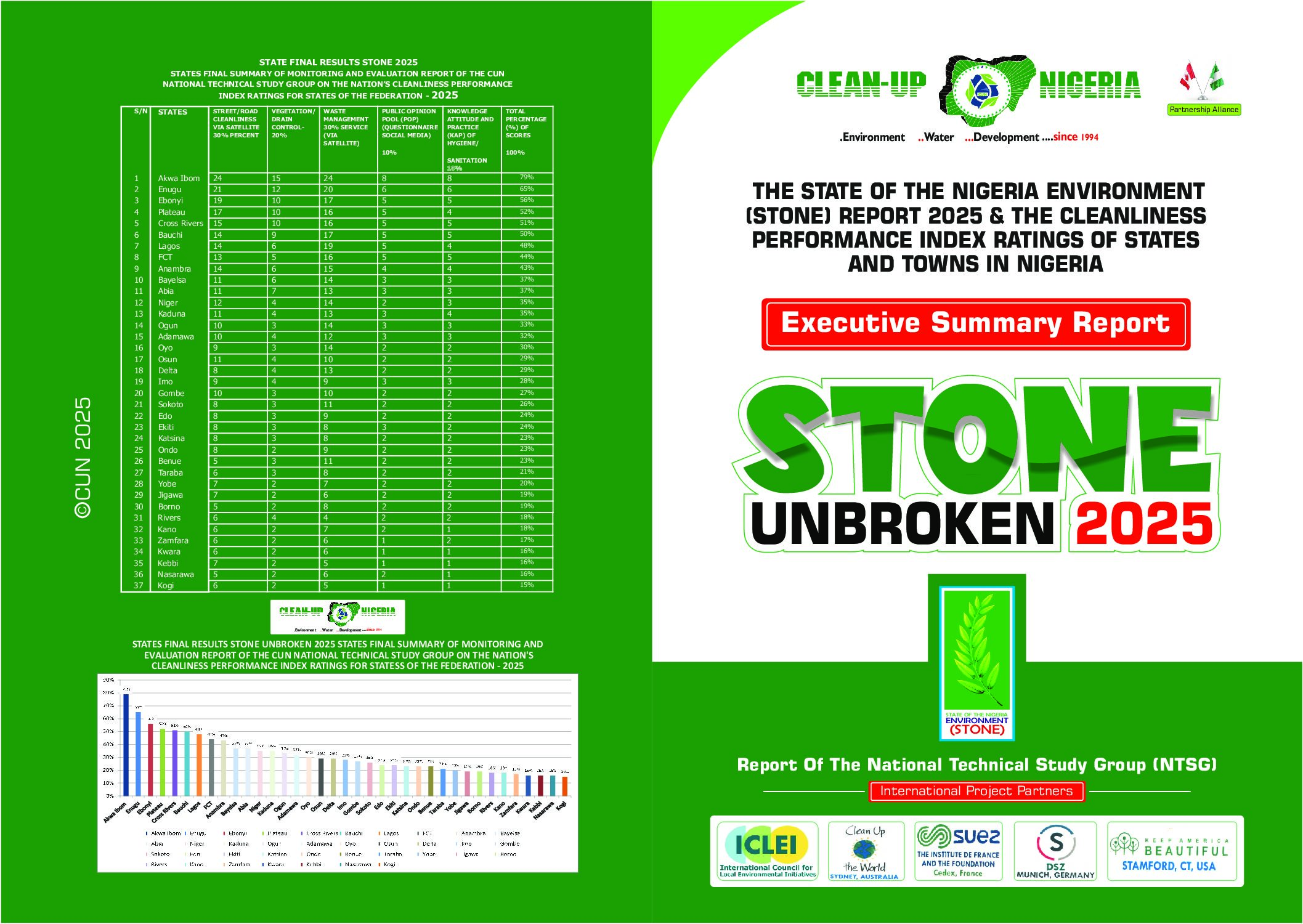By Ugonne Orimili Atu-Obinabo
Imagine waking up every morning feeling energized, motivated, and at peace. Imagine having the resilience to tackle life’s challenges, the confidence to pursue your passions, and the clarity to make decisions that align with your values. This is not a utopian dream, but a reality that can be achieved through the power of personal sustainability. In a world where burnout, stress, and anxiety are increasingly prevalent, prioritizing one’s own well-being is not a luxury, but a necessity.
Prof. Desmond Onyemechi Okocha, a renowned expert in communication, critical thinker, and the current Dean of faculty Communication and Media studies at Bingham University in one of his lectures, emphasizes the importance of personal sustainability in his thought-provoking piece. With his vast experience and knowledge in the field, Prof. Okocha notes, “Personal sustainability is the foundation upon which true growth, development, and longevity are built.” It’s about creating a life that prospers over time, nurturing our overall well-being, and making mindful choices.
According to a study, 60% of Nigerians experience stress, anxiety, or depression, often due to an imbalance in their personal and professional lives. This highlights the need for personal sustainability, which can help individuals manage stress, build resilience, and achieve a better work-life balance.
A lack of personal sustainability can have far-reaching and devastating consequences. When individuals neglect their physical, emotional, and mental well-being, they become increasingly vulnerable to burnout and exhaustion. This can lead to a decline in productivity, poor performance, and a decrease in overall quality of life. Furthermore, failing to prioritize personal relationships can lead to conflicts, isolation, and a lack of support networks, making it even more challenging to cope with the demands of daily life.
The neglect of one’s mental and physical health can also have severe consequences, including chronic stress, anxiety, and depression. This can lead to a range of physical and mental health problems, from cardiovascular disease to suicidal tendencies. Moreover, a lack of personal sustainability can limit an individual’s growth and development, making it challenging to achieve their goals, develop new skills, and advance in their careers.
In addition, when individuals fail to prioritize their personal sustainability, they become less resilient and more vulnerable to setbacks, failures and challenges. This can make it harder to bounce back and adapt to changing circumstances, leading to a sense of hopelessness and despair. Ultimately, a lack of personal sustainability can lead to a life of stagnation, unhappiness, and unfulfillment.
Prof. Okocha emphasizes the importance of acquiring a range of skills to support our personal sustainability, including technical skills, soft skills, transferable skills, and adaptive skills. For example, a young professional in Nigeria may acquire technical skills in data analysis, soft skills in communication and teamwork, transferable skills in problem-solving and critical thinking and adaptive skills in time management and adaptability. Learning should extend beyond classrooms. By attending important seminars, workshops, we build skills, contacts that will be of benefit to us.
Also, he emphasized on economic sustainability and social sustainability as key to long-term well-being, stressing financial discipline, building trust, making wise investments, building careers, having empathy and maintaining meaningful relationships that balance profit with purpose. Individuals should make deliberate efforts toward personal growth by discovering their identity, strengths, weaknesses, purpose and setting clear short, and long-term goals as guiding lights for their life’s journey. The importance of gratitude cannot be overemphasized. We should celebrate small wins, maintain optimism and faith in God and surround ourselves with supportive family, friends and colleagues in order to build resilience and accountability.
Furthermore, mentorship is very important in our growth and development. It bridges the gap between experience and potential. Mentorship is a purposeful relationship between an experienced individual (the mentor) and a less experienced one (the mentee) aimed at fostering growth, learning and personal development. It goes beyond giving advice as it builds confidence, shapes character and guides individuals toward their goals.
Through mentorship, mentors share experiences and lessons learned helping mentees avoid mistakes and make informed decisions. It promotes self-discovery, skill development and clarity of direction. A good mentor also offers encouragement and accountability by providing emotional support and motivation during challenges. Mentorship is not a one-sided relationship. The relationship is mutually beneficial as mentors also grow in empathy, leadership and communication while contributing to others’ success.
In the Nigeria, mentorship plays a particularly significant role in shaping the next generation of leaders, scholars and professionals. From academia and entrepreneurship to media, health, and governance, mentorship provides the platform through which knowledge is passed down and innovation is inspired. Many successful Nigerians attribute their growth to mentors who guided their choices, offered correction and opened doors of opportunity.
Ultimately, mentorship is more than a relationship. It is a partnership for growth, empowerment and transformation. It helps individuals discover purpose, refine their abilities and translate potential into achievement. In a world where competition and uncertainty are constant, mentorship remains a steady light one that guides people toward excellence and fulfillment.
In conclusion, personal sustainability is not just a concept, but a call to action. It’s a reminder that our lives are a delicate balance of physical, emotional, and mental well-being, and that neglecting any one of these aspects can have far-reaching consequences. As Prof. Okocha so eloquently puts it, “Personal sustainability is the foundation upon which true growth, development, and longevity are built.” Let’s prioritize our personal sustainability and in doing so, create a life of purpose, growth and fulfillment. Let’s build a life that is worth living, a life that reflects our values, passions, and aspirations. The time to act is now, and the power to change is within us.






